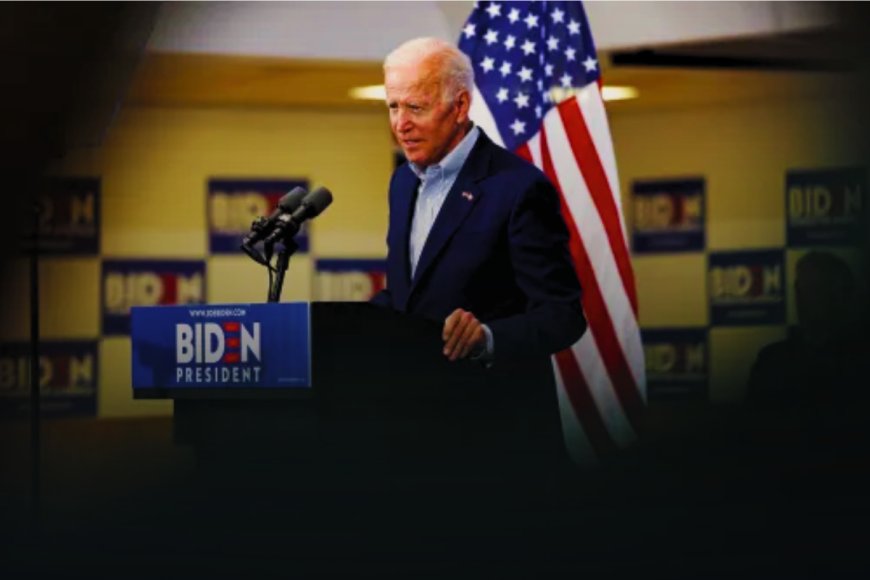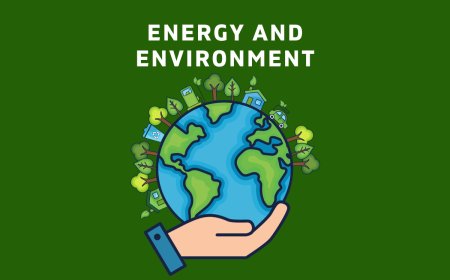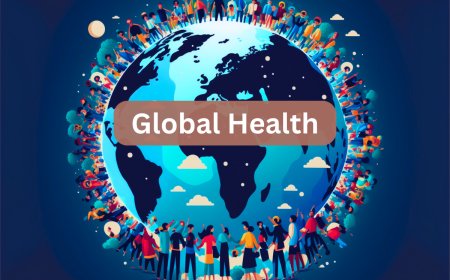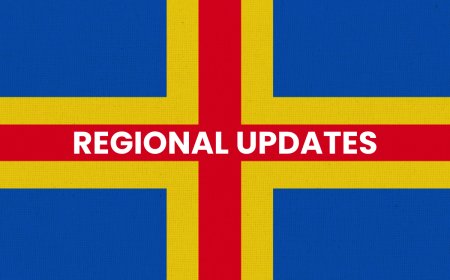Explores the Relationship Between Media And Politics
Explores the Relationship Between Media And Politics

Understanding the Dynamics Between Media and Politics
The relationship between media and politics is a pivotal force that shapes public opinion, influences governance, and drives societal discourse. In today's interconnected world, the symbiotic relationship between these two realms holds significant sway over how information is disseminated, perceived, and acted upon. Let's delve into the intricate interplay between media and politics and its profound impact on our society.
The Role of Media in Politics
Media serves as a powerful conduit through which political information reaches the masses. It encompasses traditional forms such as newspapers, television, and radio, as well as modern digital platforms and social media, amplifying the reach and speed of information dissemination.
Influence on Public Opinion
The media plays a pivotal role in shaping public opinion. Its coverage, narrative framing, and selection of stories can influence how individuals perceive political events, policies, and the performance of elected officials.
Political Communication and Messaging
Politicians and government entities utilize the media to convey their messages, agendas, and policies to the public. The strategic use of media platforms aids in building public trust and garnering support for political initiatives.
Challenges of Media Bias and Misinformation
Media bias and misinformation present significant challenges in the political landscape. The prevalence of biased reporting and the spread of false information can distort public perceptions and erode trust in both media and political institutions.
Accountability and the Fourth Estate
The media serves as the fourth estate, holding power structures accountable by acting as a watchdog. Investigative journalism and exposés play a crucial role in ensuring transparency and checks on governmental authority.
Evolving Landscape in the Digital Age
The advent of digital media has revolutionized political communication. Social media platforms offer direct engagement between politicians and the public, shaping political discourse and mobilizing grassroots movements.
Ethics and Responsibility
Ethical considerations in media reporting are paramount. Upholding journalistic integrity, fact-checking, and responsible reporting are essential to maintain credibility and public trust.
Freedom of the Press
Preserving freedom of the press is fundamental to a democratic society. Safeguarding journalists' ability to report without censorship or intimidation is crucial for maintaining transparency and accountability.
The Future Nexus of Media and Politics
As technology advances and societal dynamics evolve, the intersection of media and politics will continue to evolve. Adapting to these changes while upholding ethical standards will be pivotal for the future of informed and engaged citizenry.
In essence, the intricate relationship between media and politics shapes the narrative of our collective understanding, influencing opinions, policies, and the very fabric of our society.
_For deeper insights and analysis on the nexus of media and politics, stay connected through our blog._
What's Your Reaction?




























































































